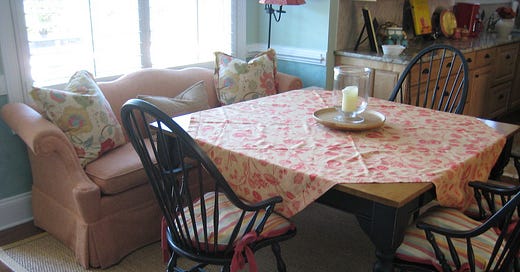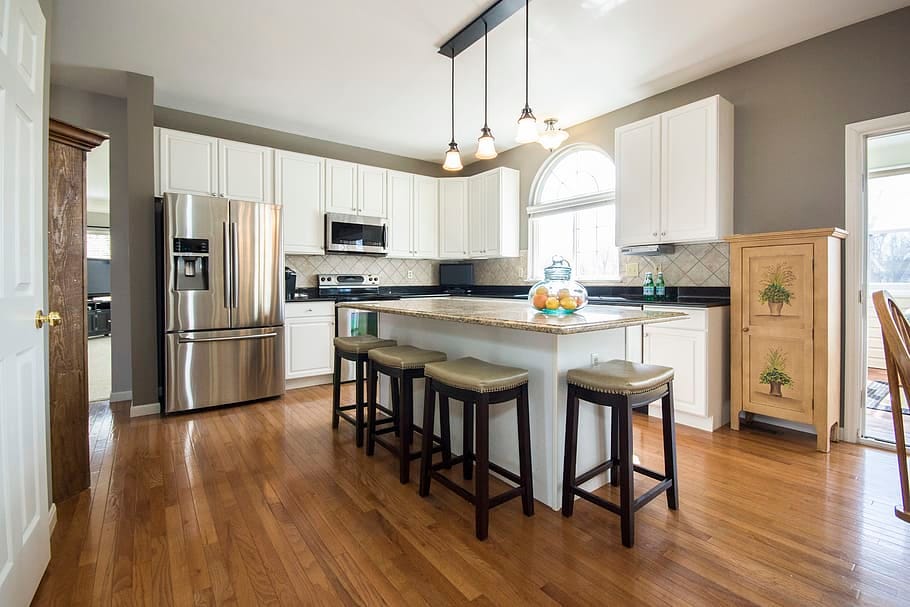I'm nearing the end of my second week back in the US. Other than the unseasonably cold and rainy weather, it's been okay. I've seen a lot, talked with many people, and become more aware than ever.
The trepidatious trip report, part two
What is the real America? I doubt anyone can say with absolute certainly. Two things about the US are definite facts. The US isn't as corrupt and nasty a country as many foreigners feel it is. The US isn't as pure and free a country as many Americans feel it is. The real America is somewhere in between.
During my travels through the US, I've seen so many subtle reminders that America is a society stratified by class. Race and ethnicity is inextricably interwoven with class. Those in higher classes are willfully blind to the realities of class, of course, pretending that the US is a classless society of truth, justice, and merit. Also of course, everyone else is not fooled.
I'm not rich, but the reality of class hierarchy was particularly stark when last night waiting for the 11:32 pm commuter train back to my hotel. One, my spouse and I were the only white people. Two, we were the only people not half asleep from working all day and night.
Tabling the Motion
That experience brought to mind the political cliché about "kitchen table issues." Politicians and corporate media wonks love using the phrase, probably because it mixes nebulous meaning and indirect condescension. The undertone of the phrase is that people who can't afford a home with a separate dining room huddle around their kitchen tables to discuss their worries about making ends meet. "Kitchen table" is shorthand for "working class," and politicians who aren't working class use the term to pretend they care about the under classes. They're implying that they're good on "kitchen table issues" even though they have no such lived experience.
It's typical of the US that when I searched for a legal stock image for "kitchen table" for this article, the photo repositories returned no working-class kitchens, only photos of palatial kitchens that one sees only in magazines, where there's a "kitchen island" in addition to a formal dining room. Let's not pretend this is a classless society.
There's another undertone attached to "kitchen table issues." The phrase conjures up the norm of the traditional nuclear family. To huddle around the small table and discuss "kitchen table issues" is to draw inward, secluded from the world. The struggle to make ends meet is a struggle against the world.
A brief, ironic aside. It is interesting that the procedural phrase to "table a motion" means something different in the US from the rest of the world. In the US, it means to stop considering a legislative bill. In every other nation, it means to begin consideration of a legislative bill. Small isolated tables end discussions, longer open tables grow discussions.
It's certainly not true that all working-class families are detached or even antagonistic toward the world, but the "kitchen table" cliché speaks to a systemic problem in the US. It is a land in which the private sphere is at odds with the public sphere.
The Public Sphere
There are important issues that people need to discuss. Some issues are personal and are best discussed in private. But the connotation that "kitchen table issues" are shared by all (working class) Americans should mean that they are discussed in public. They shouldn't be "kitchen table issues" but public sphere issues.
Philosopher Jürgen Habermas wrote about the importance of the public sphere as a space where individuals join together to discuss issues and what they want to do about them. In an open public sphere, people can freely express their opinions and their suggestions for solutions and political actions. Habermas argued that a vibrant public sphere has been the source of positive social and political progress and that ensuring a vibrant public sphere is essential for continued progress. Without free and open communications in the public sphere, society degrades.
America is lousy at that public sphere thing. Not that any society is great at it, but the American hypocrisy on this is particularly glaring.
For over a century, American individuals who have joined together to publicly discuss issues and what they want to do about them were labeled "subversives" or "communists" and repressed. Unless, that is, you were joining together to publicly discuss how to repress the working classes and anyone daring to talk about the need for equal justice. Everyone else go back to your kitchen tables and talk privately.
A classic example of this hypocrisy is an American organization that calls itself "The Public Square." It says it promotes communication and liberty, yet they are creepily obsessed with stopping women's productive freedoms, stopping "wokism," and promoting the originalist view of the US Constitution when only rich white males could participate in the public sphere. Oh, and they make ominous hints that Blue states should be removed from the US. Their right-wing public square is not a public sphere but a tool for resegregation.
The US could have a public sphere in which citizenship means something tangible, specifically, participation in government. But that would mean challenging the lie that the US is a classless society, admitting the history of discrimination and segregation in the US, reforming the electoral and political systems, and promoting the one thing that actually made America great (at least in theory)--liberty and justice for ALL, not just for a few.
That would be difficult; worth it, but difficult. Too many Americans lack the courage, and too many forces have the money and power to prevent it. "Go back to your kitchen tables and talk privately, we'll tell you who to vote for in two years."
So, America remains, and even digs ever deeper into, a segregated society. To be aware of this reality means you are "woke," and that's why the right wing is so frightened of awareness. "Government by consent" say the right-wingers like The Public Square, but without everyone being included in a vibrant public sphere, the praise of consent is a farce. Pay no attention to the Project behind the curtain.
I don't like being so negative. I really don't. But I am aware, and being away from the US for 13 years, I can see its realities more clearly than when I was immersed in it.
I prefer to be hopeful that some day sometime soon, people will get up from their kitchen tables and join together to build a vibrant public sphere. Not corporate media, not social media, but real people having real conversations to build real solutions.





